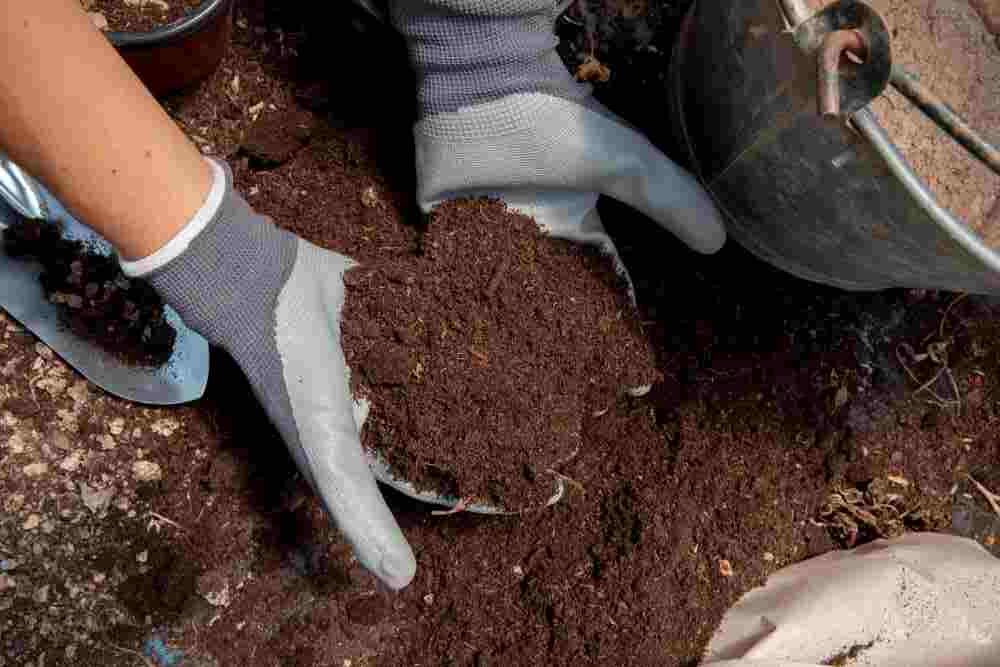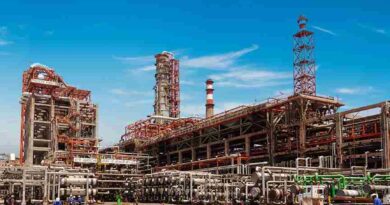Water weeds to organic manure – Dal Lake eyes transformation
 organic manure farming agriculture Dal Lake
organic manure farming agriculture Dal Lake
In a step towards sustainable development, a pioneering initiative is underway at the renowned tourist destination of Dal Lake in Sri Nagar. The Lake Conservation and Management Authority (LCMA) is actively preparing to transform the collected waste, including weeds from Dal Lake, into valuable organic manure. This innovative project is set to commence in the coming month of August.
The implementation of the venture is being undertaken by Clean Effentech International Pvt Ltd (CEF) and the National Agricultural Cooperative Marketing Federation of India Ltd. (NAFED). The necessary plant-related machinery and equipment have been acquired, and the construction work will begin in coming August.
The waste processing plant, owned by the CEF Group, will be established in Srinagar with the purpose of treating and processing the waste from Dal Lake. It is estimated that this facility will be able to produce more than 20,000 tonnes of organic manure. This is particularly significant for the farmers in Kashmir who currently rely on costly manure sourced from distant places like Uttar Pradesh and Haryana, incurring substantial transportation expenses.
The main objective of the organic manure project is to convert the 70,000 tonnes of Dal waste, which includes water weeds and water lilies, into valuable natural fertilizers. This will not only address the waste management issue but also bring substantial benefits to the agricultural sector in the Kashmir valley. The region is currently heavily reliant on pesticides and chemical fertilizers, and the availability of the manure will foster a shift towards more sustainable and eco-friendly farming practices.
Additionally, the project aims to restore the environmental and historical significance of the iconic Dal Lake by reducing the pollution level. Currently, the lake generates thousands of tonnes of organic waste, leading to its deterioration. By producing organic manure from this waste, a viable solution for waste management is provided.
One of the major advantages of this initiative is that it will make organic manure readily accessible to farmers in the valley at reasonable costs. This will not only encourage the adoption of organic farming practices but also positively impact those working in and around Dal Lake.
Moreover, the organic manure processing plant will create employment opportunities for the local population, further contributing to the region’s development.
In conclusion, the conversion of extracted weeds from Dal Lake into organic manure is an environmentally and economically beneficial project that holds the potential to bring about positive changes in the agricultural practices of the Kashmir valley while also preserving the ecological integrity of the iconic Dal Lake.




